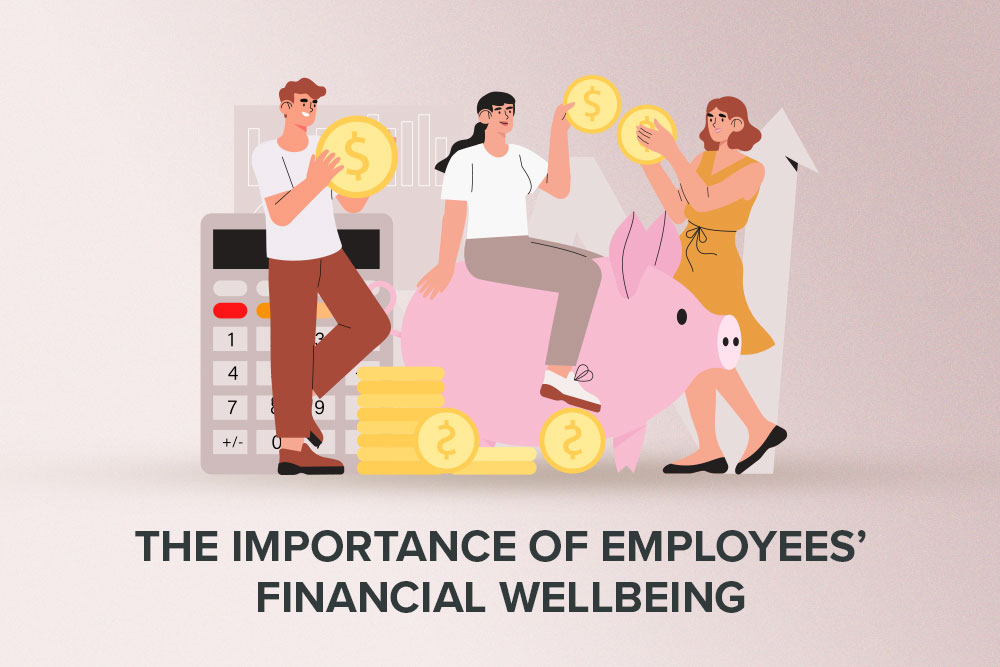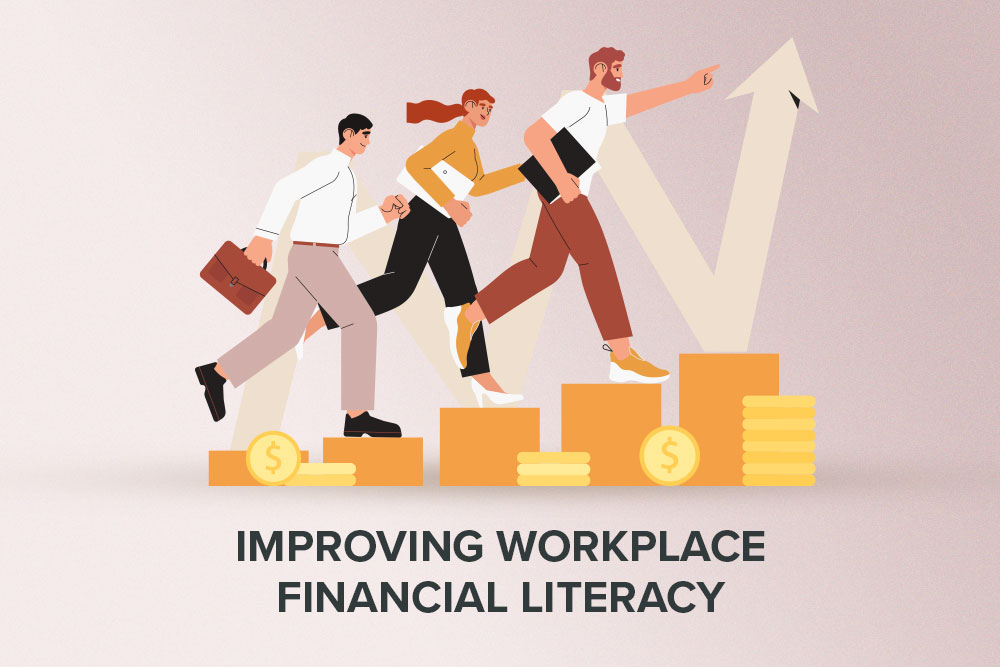Most workplace wellness programmes focus on employees’ physical or mental health. Granted, these are important areas that will keep them motivated and engaged.
However, what if your employee has financial issues? Is that considered his or her problem?
Research suggests the contrary.
The 2020 Pricewaterhousecooper Employee Financial Wellness Survey showed that money matters gave employees the most stress, as compared to other aspects like their jobs, relationships, and health concerns.
A Forbes magazine article also noted that a stressed-out employee is more likely to be distracted at work, thus affecting their job performance, productivity, and engagement levels. Stress also harms employees’ emotional and physical health, leading to a higher likelihood of absenteeism. All these translate to greater costs to employers.
Tap on our 500,000-strong talent pool of Singaporeans by posting your jobs on MyCareersFuture today.

The importance of your employees’ financial wellbeing
To combat this issue, some employers have started including financial literacy programmes as part of their employees’ wellness package.
Mr Sajjad Parmar, head of reward APAC at eBay, sees employee wellness as a multi-faceted issue.
“Wellness has multiple pillars and each as important as the other. Having financial worry will cause emotional stress. Family wellness will impact your engagement and productivity. Physical health obviously is important but cannot be looked at in isolation,” he said in an interview with Human Resources Online.
“Holistic wellness in my view needs to take centre stage and each element needs to be considered and looked at. We may not be able to solve all problems but even if we can provide an avenue for employees on these important pillars we end up in a decent place.”
Another company that cares for its employees’ financial wellness is Dell Technologies. The company recognises that it affects their wellbeing. Thus, it has a Digital Wellness Platform with resources for its staff’s physical, mental, and financial needs.
Share this article with your friends on LinkedIn and Facebook!

Improve financial literacy in the workplace
In a nutshell, financial literacy programmes equip individuals with skills to manage their money. They may include topics such as retirement planning, budgeting, emergency funds, savings and investments.
Before approaching a vendor to conduct such courses, companies can assess the financial needs and literacy levels of their workforce to tailor a suitable programme or strategy. For instance, employees who are fresh graduates may require an introduction to CPF and budgeting, while mature employees may want to know more about retirement planning.
Once companies have established their employees’ financial needs, they can contact organisations such as the Institute for Financial Literacy (IFL) to arrange free talks for their employees. The Institute is a collaboration between Singapore Polytechnic Enterprise and MoneySense, Singapore’s national financial education programme. Companies can incentivise their staff to participate in the programmes by giving them vouchers or gift cards.
Besides workshops, there are also various online courses on SkillsFuture, Udemy and LinkedIn Learning which companies can subscribe to. Staff can then watch these videos in their own time.
Another option is engaging a certified financial planner to conduct talks and provide employees with financial advice.
Companies with a limited budget can consider curating a list of free tools on expense management and retirement planning to help employees figure out if they are saving enough for retirement and their life goals. One such tool is MoneySense’s online financial health check, which provides recommendations on improving an individual’s financial health.
In the long run, employers will benefit greatly when they take workplace financial wellness seriously, given its impact on employees’ physical and mental wellbeing. When employees feel that they matter to an organisation, they will feel more motivated to work. All these result in a positive company culture and aid in retaining good staff — which is a win-win situation for everyone.
















